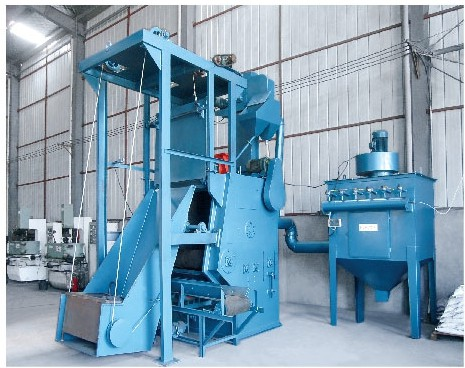In the realm of small business finance, the choice between cash and accrual accounting is a pivotal decision that can significantly impact financial reporting, tax obligations, and overall business strategy. Understanding the nuances of these two accounting methods is essential for small business owners who aim to make informed decisions that align with their operational needs and long-term goals. This article delves into the intricacies of cash and accrual accounting, exploring which method most small businesses tend to adopt and why.
Understanding Cash and Accrual Accounting
Before we dive into the statistics and trends, it’s crucial to define cash and accrual accounting:
- Cash Accounting: This method records revenues and expenses when cash is actually received or paid. It provides a straightforward view of cash flow, making it easier for small business owners to track their liquidity. This method is particularly favored by sole proprietors and small businesses with simple transactions, as it requires less complex record-keeping.
- Accrual Accounting: In contrast, accrual accounting recognizes revenues and expenses when they are incurred, regardless of when cash transactions occur. This method provides a more accurate picture of a business's financial health, as it accounts for all obligations and receivables. Accrual accounting is often preferred by businesses that extend credit to customers or have significant inventory.
The Prevalence of Cash vs. Accrual Accounting in Small Businesses
According to recent surveys and studies, a substantial number of small businesses tend to favor cash accounting. Estimates suggest that approximately 70% of small businesses utilize cash accounting, primarily due to its simplicity and ease of use. This preference is particularly pronounced among sole proprietorships and small service-based businesses, where transactions are straightforward and cash flow management is paramount.
However, as businesses grow and their financial transactions become more complex, many transition to accrual accounting. The U.S. Small Business Administration (SBA) recommends accrual accounting for businesses with inventory or those that exceed a certain revenue threshold (currently $25 million). This recommendation stems from the need for more accurate financial reporting and compliance with Generally Accepted Accounting Principles (GAAP).
Factors Influencing the Choice of Accounting Method
Several factors influence whether a small business opts for cash or accrual accounting:
- Business Size and Complexity: Smaller businesses with limited transactions often find cash accounting sufficient. However, as businesses expand and their operations become more intricate, the need for accrual accounting becomes apparent.
- Industry Standards: Certain industries have established norms regarding accounting practices. For instance, retail and manufacturing businesses typically adopt accrual accounting due to the nature of their operations, which often involve inventory management and credit sales.
- Tax Considerations: The choice of accounting method can have tax implications. Cash accounting allows businesses to defer income recognition until cash is received, which can be advantageous for tax planning. Conversely, accrual accounting may lead to higher taxable income in the short term, as revenues are recognized before cash is received.
- Financial Reporting Needs: For businesses seeking external financing or investment, accrual accounting provides a more comprehensive view of financial performance. Investors and lenders often prefer accrual-based financial statements, as they reflect the true economic activity of the business.
The Transition from Cash to Accrual Accounting
For small businesses considering a shift from cash to accrual accounting, it’s essential to approach the transition strategically. Here are some practical steps to facilitate this change:
- Consult with a Financial Advisor: Engaging with a CPA or financial advisor can provide valuable insights into the implications of switching accounting methods. They can help assess the business’s specific needs and guide the transition process.
- Invest in Accounting Software: Modern accounting software can simplify the transition by automating many aspects of accrual accounting. Look for software that integrates seamlessly with existing systems and provides robust reporting capabilities.
- Educate Staff: Ensuring that staff members understand the new accounting method is crucial for a smooth transition. Training sessions can help familiarize employees with accrual accounting principles and practices.
- Monitor Financial Performance: After the transition, closely monitor financial performance to assess the impact of the new accounting method. Regular reviews can help identify any challenges and allow for timely adjustments.
Conclusion
The choice between cash and accrual accounting is not merely a technical decision; it reflects a business’s operational complexity, growth trajectory, and financial strategy. While most small businesses currently lean towards cash accounting due to its simplicity, the trend is shifting as businesses recognize the benefits of accrual accounting for accurate financial reporting and strategic planning. Ultimately, the decision should align with the business's goals, industry standards, and financial needs, ensuring that the chosen method supports sustainable growth and financial health.







+ There are no comments
Add yours